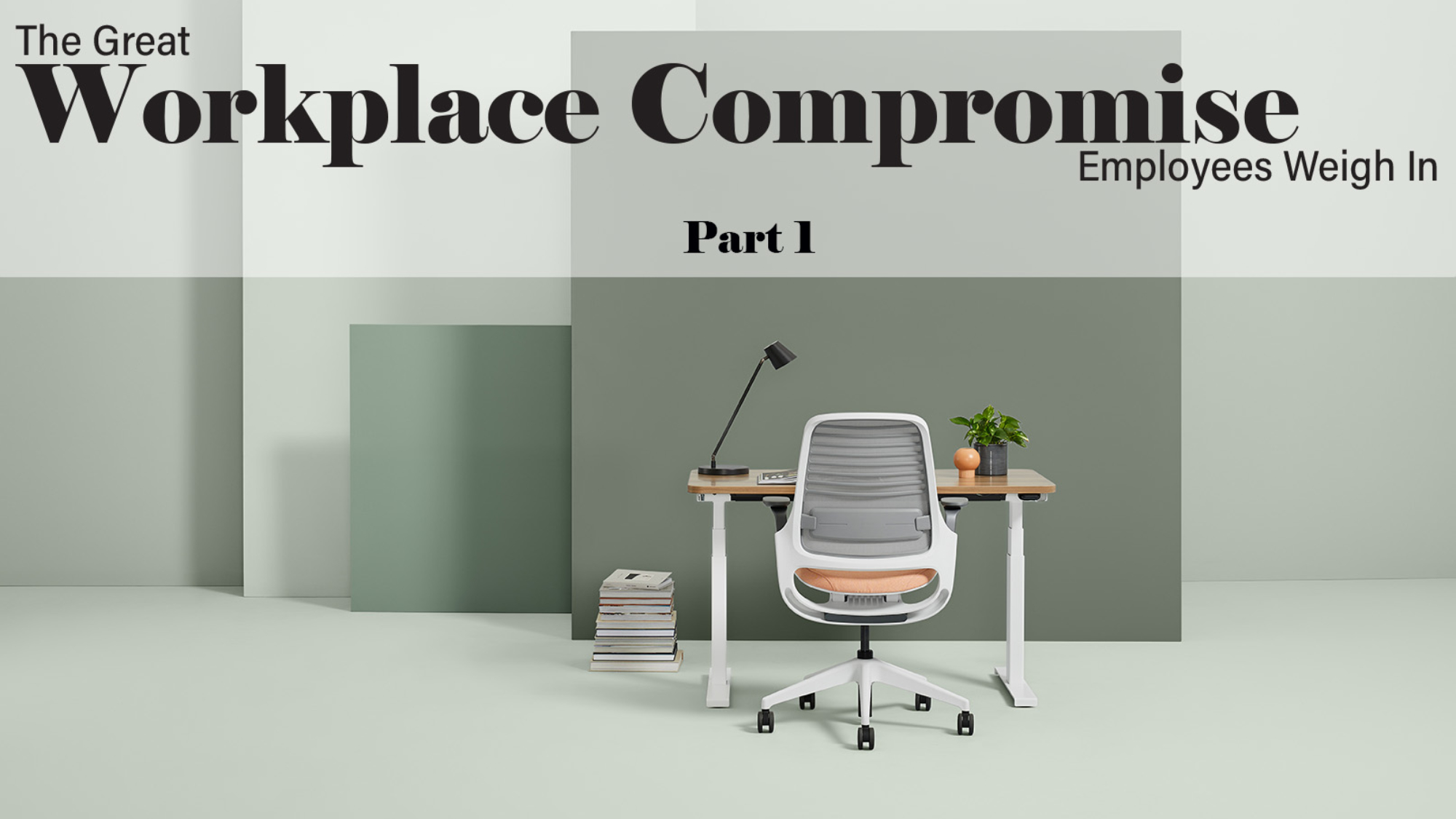Covid Changed The Workplace Forever
When Covid hit in the early months of 2020 there was speculation that the office would change forever. Employees were sent home without return dates and in many cases they were unprepared for the challenges that lay ahead. Fast forward to the present and those remote employees have settled into the comfort and flexibility of working from home and are loathe to give it up for the same old office and schedule. A great workplace compromise is coming.
Now Employers Want Their Teams Back In The Office
After undergoing such a massive change and adapting to their new environment, is it fair for employers to call their staff back to the office full time? Are there benefits to working from home instead of the office? This is a debate that many companies are having right now.
In This Issue Employees Make Their Case For WFH
At OEC, we believe the opinions of employers and their employees should lead the decision-making in this great workplace compromise. In the next two issues we will hear from both sides on the work from home issue and learn how local companies are adapting to the new landscape.

Senior Project Manager in Boise
Power Engineers
David Berry is a busy man. When he isn’t managing design teams at five different locations with POWER Engineers, he is brokering deals between companies, lecturing at BSU, and helping his wife care for their five-month-old twins.
For some, juggling these jobs would seem impossible, but as David says, “I’m a short attention span person that likes a challenge.” And a challenge is exactly what he got when he was sent to work from home over two years ago. He quickly went from traveling about one hundred days a year to ten and does most of his work in his laundry room office. After undergoing such a large change like this, it is understandable that employees would want a workplace compromise.
Improve Communication & Onboarding
One of the main challenges David has discovered is communication. “So much of the way we communicated and interacted before the pandemic was face to face. Since then, direct communication has fallen off, and there are also generational aspects to consider. Our younger staff is very good at using instant messaging and emails rather than phone calls, but they struggle to ask questions effectively.
Mentoring has been a difficult process over the last two years, and younger staff need to know how to find information and problem-solve to be successful.” To help fix this problem, David has been creating time templates or outlines for onboarding so they can get remote staff up to speed quickly. Additionally, using video conferencing and other technology has been the key to POWER’s success and growth through the pandemic.
“Mentoring has been a difficult process over the last two years, and younger staff need to know how to find information and problem-solve to be successful.”
David Berry
Learn How To Disconnect
The flexibility of working from home is a double-edged sword for David and his team of consultants. “Walking a couple of rooms over to work is great, but it is also harder to disconnect. My team and I are billable commodities selling our time to firms, so we are always on call. It’s difficult to shut off.”
David tries to have a hard stop every day now at seven. He often works an eleven-hour day, but being home allows him to help care for his kids, which is impossible to do in the office. Having the hard stop for family time keeps him from inevitably being drawn back to work. “I think everyone will continue to struggle with defining those work/life boundaries because working from home has become the norm. It will be interesting to see how that affects our mental fatigue and burnout.”
Prevent Burnout By Recharging
The idea of burnout has not gotten a lot of analysis or investigation. Those who have worked from home can attest to how easy it is to work longer hours, and David makes a good point. “No one can really go from college to a twelve-hour workday. In the same way, very few people can work longer hours without recharging. Some can push through weeks with sixteen-to-eighteen-hour days like accountants in tax season, but then they allow themselves to recover. It is the same way with working from home.”
Workplace Compromise: Realign Client Expectations
Without a doubt, there will always be more work to do. So, the best way David has learned to create time to recharge is by realigning client expectations. “I want to be the manager I feel like I never had in my first ten years of work. I never felt like my manager would bump a schedule for me or fully advocate for the production staff when we were stretched thin with deliverables and deadlines. So, I am trying to align customer expectations, so my team members know I have their backs. If we can’t make a deadline or feel as though quality is suffering because we’re rushing, I will do what I can to internally address items, and then I will have a transparent conversation with the client to reset their expectations.”
*David will be featured in our next edition discussing the work from home compromise from a leadership point of view.
Receive our Newsletter
To receive our newsletter, including new editions of spaces and other digital content, fill out the form below:



